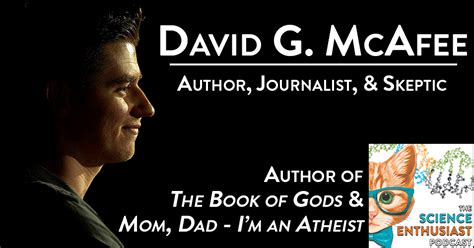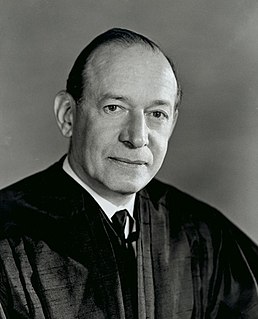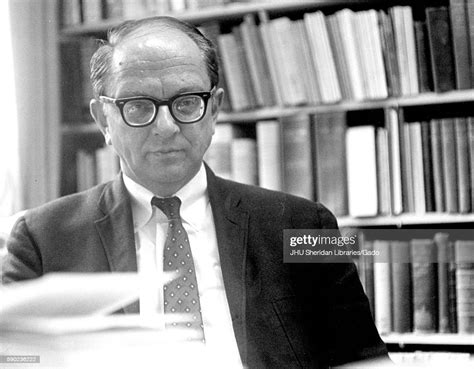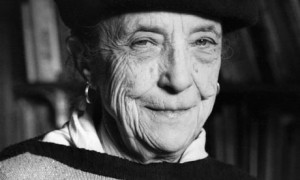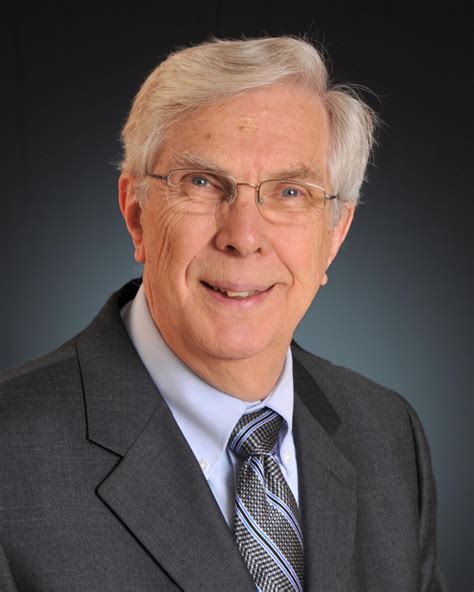A Quote by Charles Colson
Removing religious symbols from public places is not neutrality. On the contrary, it sends a highly negative message - that religion is something shameful, embarrassing, or at best strictly private.
Related Quotes
We [Americans] have secularized the public life of our country in such a way to say something is religious is something negative. Religion has now turned into a way to discredit people. It is futile and dishonest to argue about religion. Religion is a phenomenological umbrella; there are all kinds of religions. It makes a difference when your religion is telling you something true or something false.
History will also afford frequent opportunities of showing the necessity of a public religion, from its usefulness to the public; the advantage of a religious character among private persons; the mischiefs of superstition, and the excellency of the Christian religion above all others, ancient or modern.
Religion is a personal, private matter and parents, not public school officials, should decide their children's religious training. We should not have teacher-led prayers in public schools, and school officials should never favor one religion over another, or favor religion over no religion (or vice versa). I also believe that schools should not restrict students' religious liberties. The free exercise of faith is the fundamental right of every American, and that right doesn't stop at the schoolhouse door.
Today courts wrongly interpret separation of church and state to mean that religion has no place in the public arena, or that morality derived from religion should not be permitted to shape our laws. Somehow freedom for religious expression has become freedom from religious expression. Secularists want to empty the public square of religion and religious-based morality so they can monopolize the shared space of society with their own views. In the process they have made religious believers into second-class citizens.
I believe that prayer in public schools should be voluntary. It is difficult for me to see how religious exercises can be a requirement in public schools, given our Constitutional requirement of separation of church and state. I feel that the highly desirable goal of religious education must be principally the responsibility of church and home. I do not believe that public education should show any hostility toward religion, and neither should it inhibit voluntary participation, if it does not interfere with the educational process.
The twentieth-century artist who uses symbols is alienated because the system of symbols is a private one. After you have dealt with the symbols you are still private, you are still lonely, because you are not sure anyone will understand it except yourself. The ransom of privacy is that you are alone.
I was interested in the question of the power of religious organizations to effect public policy in a negative way. When I was in college, and I found out at that time the Catholic Church was in such control of everything in communities, including in progressive places like New York - that a roommate of mine was not able to obtain an abortion with his girlfriend, even in places like New York. What I learned at that moment was the extraordinary clout that religious organizations can have to impose their theological views on others. And I found it exasperating and dangerous.








